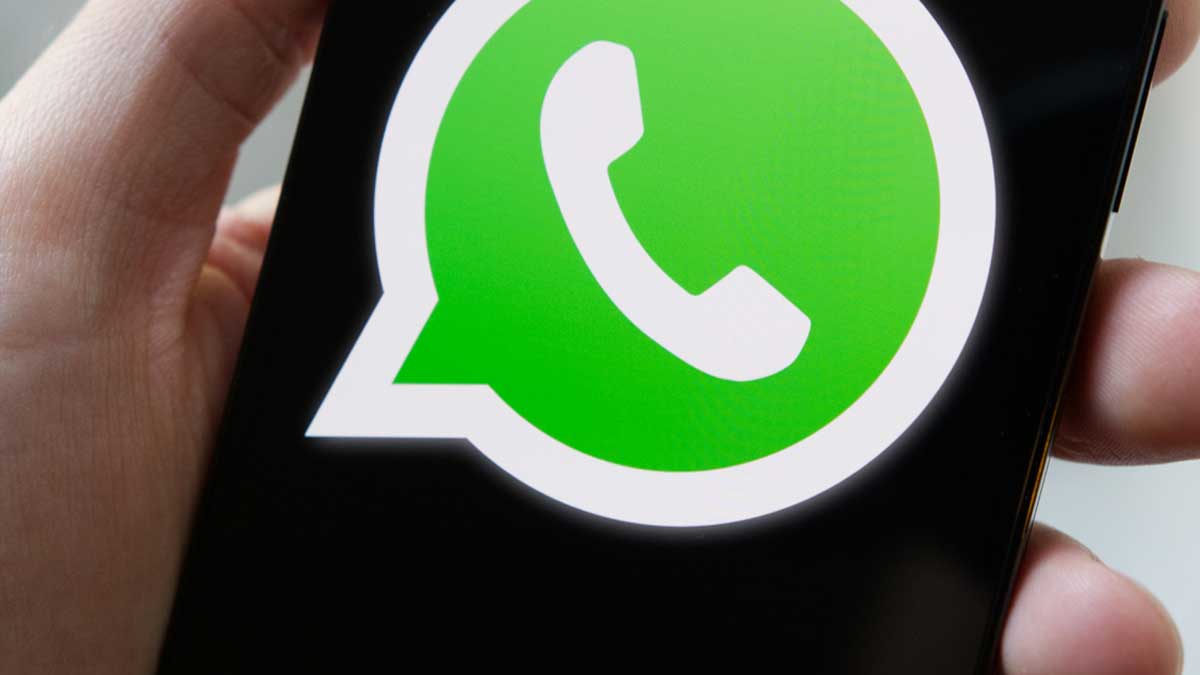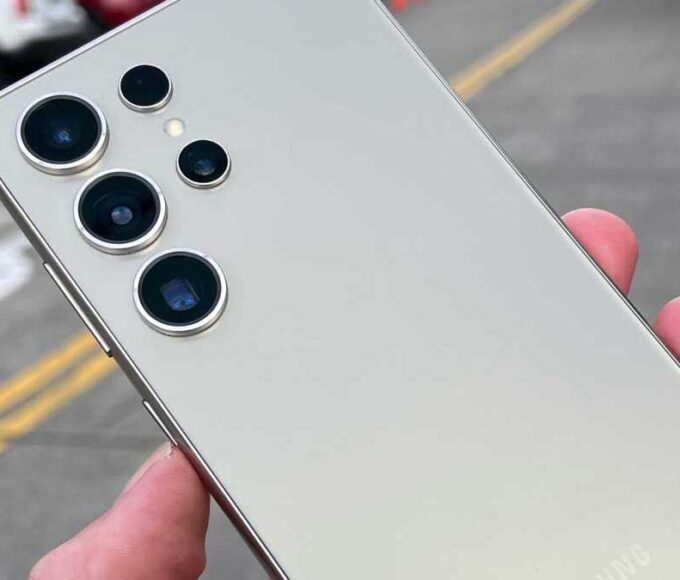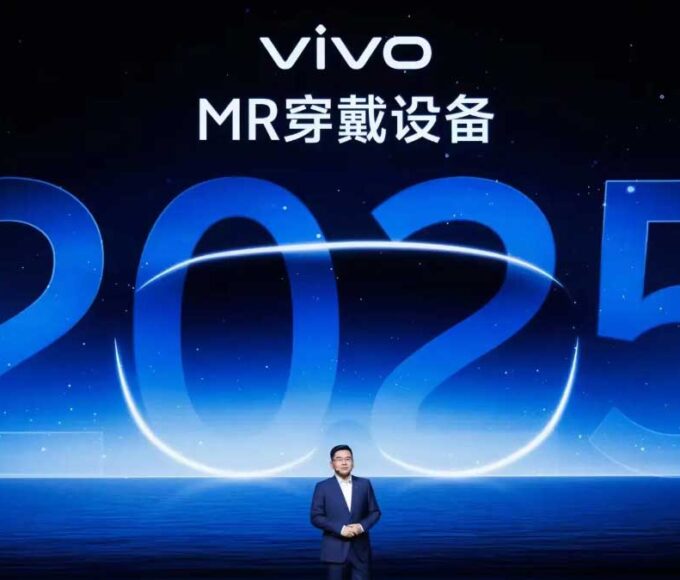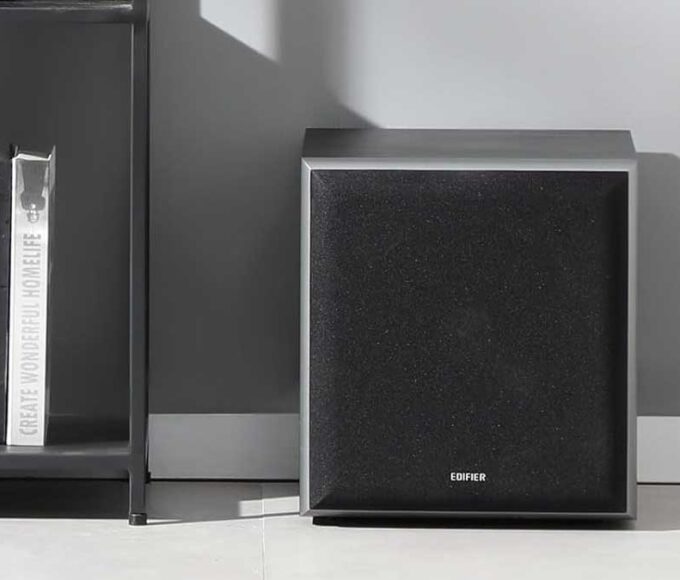- Home
- Billionaires
- Investing Newsletters
- 193CC 1000
- Article Layout 2
- Article Layout 3
- Article Layout 4
- Article Layout 5
- Article Layout 6
- Article Layout 7
- Article Layout 8
- Article Layout 9
- Article Layout 10
- Article Layout 11
- Article Layout 12
- Article Layout 13
- Article Layout 14
- Article Sidebar
- Post Format
- pages
- Archive Layouts
- Post Gallery
- Post Video Background
- Post Review
- Sponsored Post
- Leadership
- Business
- Money
- Small Business
- Innovation
- Shop
Recent Posts
WhatsApp to Launch Third-Party Chats, Redefining Messaging

WhatsApp is on the verge of a significant transformation as it prepares to roll out a long-awaited feature that promises to revolutionize the way users interact across different messaging platforms. Initially announced in February 2024, this feature introduces interoperability with third-party messaging services, a development that aims to enhance user connectivity and streamline communication. According to a recent report from its parent company, Meta, the feature—termed “third-party chats”—will also extend to Facebook’s Messenger app.
One notable aspect of this impending change is its limited initial availability. As confirmed in the report, the feature will be accessible exclusively to users located within the European Union. This restriction sheds light on the regulatory context behind the update, which is a direct response to the European Union’s Digital Markets Act (DMA). The DMA is designed to curb monopolistic practices among large tech firms and enforce interoperability among their services and those of third-party applications. Consequently, this initiative is likely to draw the attention of regulators in other regions, such as the United States and the United Kingdom, who are keen to monitor the implications of these changes.
The introduction of third-party chats is primarily aimed at alleviating the frustration users face when trying to recall which app facilitated a particular conversation. As noted by Aaron Brown of GB News, the decision to implement this feature is not merely a voluntary move by WhatsApp’s management but rather a compliance measure driven by the DMA’s requirements. By allowing users to communicate across different platforms seamlessly, WhatsApp hopes to diminish the cognitive burden associated with managing multiple messaging apps.
To facilitate this enhanced user experience, Meta has outlined its vision for how this interoperability will function. The company emphasizes the importance of making the feature “easy to find and simple to use.” This approach aligns with feedback from users of various messaging services, indicating that the option to connect with individuals using different apps should be readily accessible. In practice, this means WhatsApp and Messenger users will receive prompts whenever a new third-party messaging app becomes available, alongside guidance on managing their message inboxes.
Users will have the flexibility to decide how they wish to organize their conversations. Meta’s design includes options for either integrating chats from all platforms into a unified inbox or maintaining distinct folders for each app. This customization allows users to tailor their messaging experience according to their preferences, enhancing convenience and usability. For example, a user could opt to keep their WhatsApp messages separate from those received via Messenger or other third-party services. This feature addresses a common concern among users who prefer to compartmentalize their communications, ensuring that important messages are easily accessible without the clutter of mixed conversations.
In terms of aesthetics, Meta has promised to offer users a clear visual distinction between messages originating from different sources. Users can expect a straightforward interface that highlights the options available for managing their inbox. Furthermore, they will retain the ability to alter their settings at any time, providing an adaptable messaging environment that can evolve with their needs. Meta is not stopping at basic interoperability; the company is committed to enriching the messaging experience by introducing a range of advanced features. In addition to the standard functionalities required under the DMA, WhatsApp will incorporate rich messaging features such as reactions, direct replies, typing indicators, and read receipts. These enhancements are expected to foster a more engaging and interactive communication experience, reminiscent of the features users enjoy in dedicated messaging platforms.
Looking ahead, Meta has ambitious plans for the evolution of its messaging capabilities. By next year, users will have the ability to create groups that span multiple messaging platforms, further enhancing collaborative communication. Additionally, the rollout of voice and video calling features is anticipated by 2027, promising a comprehensive suite of communication tools. Amid these exciting developments, Meta has underscored its commitment to security. To ensure that user data remains protected across different platforms, the company has mandated that third-party services adopt the same encryption protocols as WhatsApp and Messenger, specifically the Signal protocol. This measure aims to preserve the high security standards that users have come to expect, even as they engage with contacts on other messaging services.
The extent to which these changes will alter the messaging landscape hinges on the willingness of third-party messaging services to participate in this interoperability initiative. As WhatsApp prepares for this radical shift, the industry will be watching closely to assess the impact on user behavior and overall communication dynamics. As we approach the official launch of these features, it is clear that WhatsApp is poised to redefine the way users connect across various messaging platforms. The emphasis on interoperability not only enhances user convenience but also sets a precedent for other tech companies to consider similar integrations in the future. With the backing of regulatory frameworks like the DMA, the potential for a more interconnected digital communication environment is becoming increasingly tangible, marking a new era in messaging services.
Recent Posts
Categories
- 193 Countries Consortium Partner1
- 193cc Digital Assets2
- 5G1
- Aerospace & Defense48
- AI37
- Arts3
- Banking & Insurance11
- Big Data3
- Billionaires1,261
- Boats & Planes1
- Business332
- Careers13
- Cars & Bikes79
- CEO Network1
- CFO Network17
- CHRO Network1
- CIO Network1
- Cloud10
- CMO Network18
- Commercial Real Estate7
- Consultant1
- Consumer Tech194
- CxO1
- Cybersecurity73
- Dining1
- Diversity, Equity & Inclusion4
- Education7
- Energy8
- Enterprise Tech29
- Events11
- Fintech1
- Food & Drink2
- Franchises1
- Freelance1
- Future Of Work2
- Games149
- GIG1
- Healthcare79
- Hollywood & Entertainment203
- Houses1
- India’s 1000 Richest1
- Innovation46
- Investing2
- Investing Newsletters4
- Leadership65
- Lifestyle11
- Manufacturing1
- Markets20
- Media327
- Mobile phone1
- Money13
- Personal Finance2
- Policy569
- Real Estate1
- Research6
- Retail1
- Retirement1
- Small Business1
- SportsMoney42
- Style & Beauty1
- Success Income1
- Taxes2
- Travel10
- Uncategorized13
- Vices1
- Watches & Jewelry2
- world's billionaires1,230
- Worlds Richest Self-Made Women2
Related Articles
Samsung Galaxy S25 Ultra: What to Expect from the 2025 Flagship
In January 2024, Samsung unveiled the Galaxy S24 Ultra flagship at its...
By 193cc Agency CouncilJanuary 1, 2025Vivo Unveils Plans for Vision Pro Competitor Headset in 2025
While Apple’s Vision Pro has yet to achieve blockbuster success, Vivo, a...
By 193cc Agency CouncilDecember 31, 2024Amazon Offers Rare Discount on iPhone 16 Models
Amazon is offering a rare opportunity for Apple enthusiasts to score a...
By 193cc Agency CouncilDecember 31, 2024Edifier T5 Subwoofer: Affordable Bass Boost for Your Audio System
If you’ve ever wished for more bass from your speakers, you’re not...
By 193cc Agency CouncilDecember 31, 2024















Leave a comment